Student Life Resource Round-Up!
As we all know, being a student is tough. From back-to-school changes to busy schedules throughout the year, many students feel a strain – and that can be especially true for those affected by eating disorders.
In an online poll conducted by NEDA, we found that over one third of students expressed that their school had no eating disorders resources available to them, so this is a very common problem. That’s why NEDA is focusing more of our efforts on supporting young people.
Here are some of our favorite tools for anyone who feels that their school is lacking eating disorders support.
Printable Resources
10 Steps to Positive Body Image Poster
Learn some new ways to look at yourself and your body. The more you practice these thought patterns, the better you can feel about yourself and the body you naturally have.
Looking for ideas to reinforce your commitment to body acceptance? Take our pledge and encourage others to do the same. Together, we are creating a culture of body diversity and self-acceptance!
NEDA Compliment Cards
Share a compliment card (or create your own) and spread the word that we are enough!
Event & Activism Guides
Useful Blog Posts
Back to School After Eating Disorders Treatment – Holly Chok
Dress Codes are Body Shaming and Sexist – Pooja Patel
How to Have a Healthy Relationship with Food – Sondra Kronberg, MS, RD, CDN, CEDRD-S & NEDA Staff
How Do I Open Up About My Eating Issues? – NEDA Staff
Letter to Your Principal – Claudia Morris
Social Media Cheat Sheet – NEDA Staff
THe body project
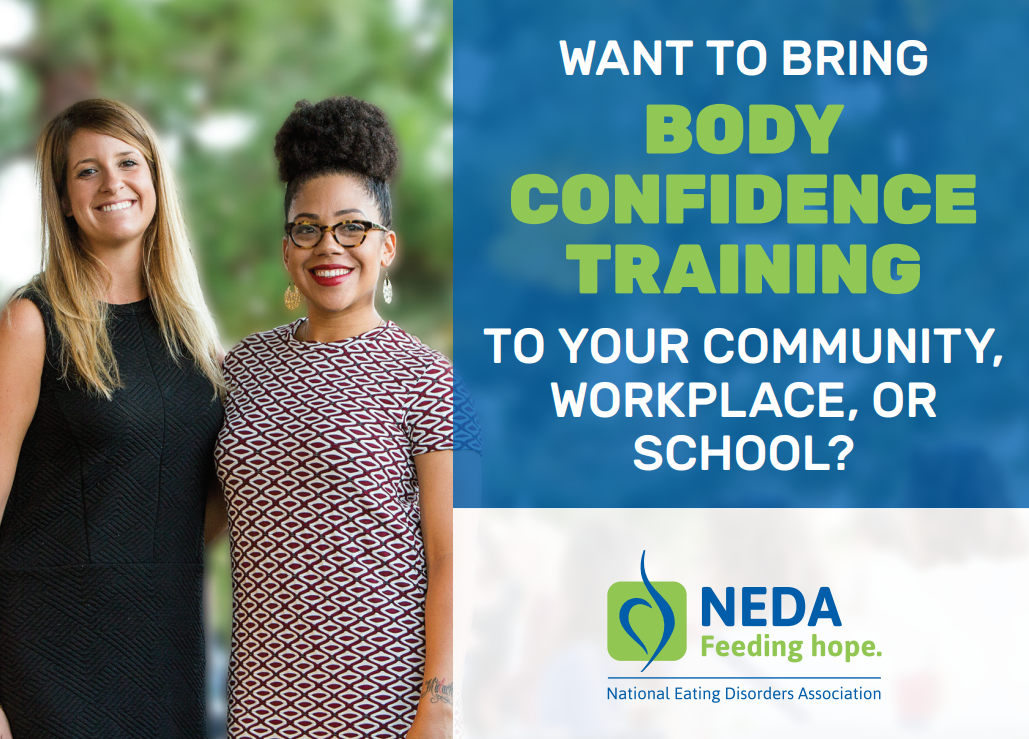 Backed by two decades of research and evaluation data, the Body Project is a group-based intervention that provides a forum for women and girls to confront unrealistic beauty ideals and engages them in the development of healthy body image. through verbal, written, and behavioral exercises. Research has shown when women/girls talk about the “appearance-ideal” (sometimes referred to as the thin-ideal, beauty-ideal, or cultural-ideal) portrayed in the mass media, and discuss how to challenge pressures to conform to these pressures, it makes them feel better about their bodies. Learn more >
Backed by two decades of research and evaluation data, the Body Project is a group-based intervention that provides a forum for women and girls to confront unrealistic beauty ideals and engages them in the development of healthy body image. through verbal, written, and behavioral exercises. Research has shown when women/girls talk about the “appearance-ideal” (sometimes referred to as the thin-ideal, beauty-ideal, or cultural-ideal) portrayed in the mass media, and discuss how to challenge pressures to conform to these pressures, it makes them feel better about their bodies. Learn more >
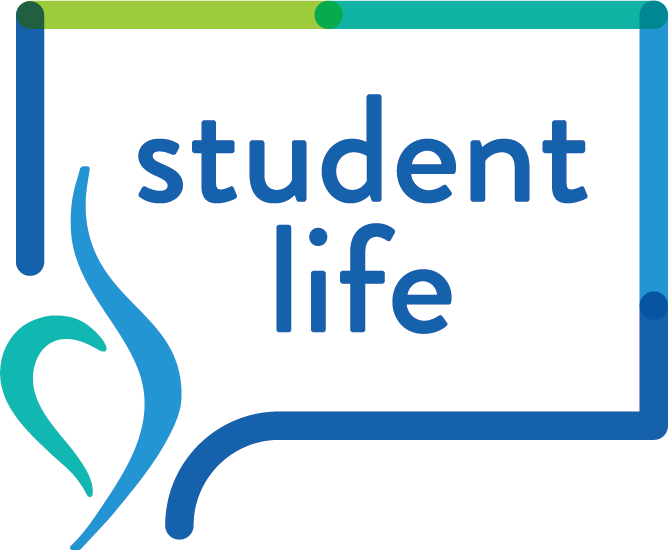




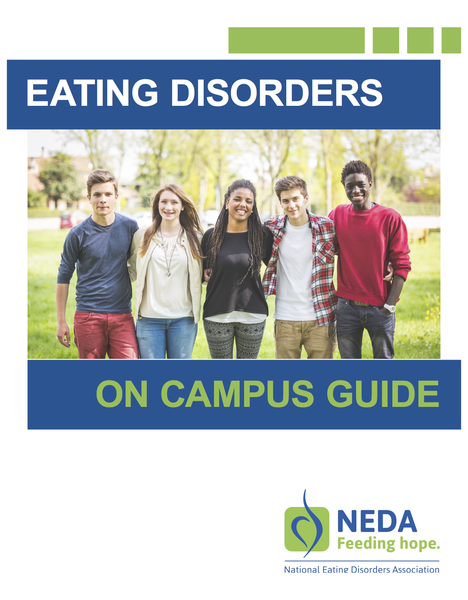 Eating Disorders on Campus Guide
Eating Disorders on Campus Guide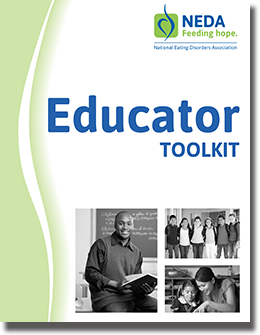 Educator Toolkit
Educator Toolkit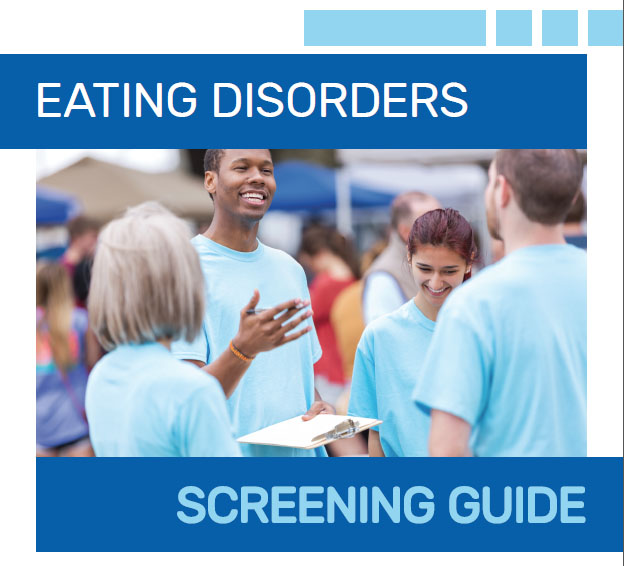 How to Host a Screening Guide
How to Host a Screening Guide
